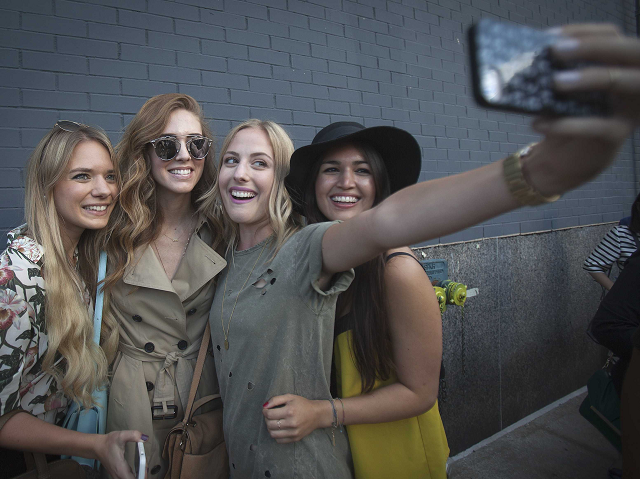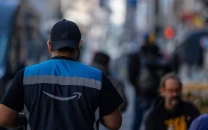Social media users now want to look like their 'filtered' selves
Snapchat offer ‘filters’ which edit photos to smooth out skin, angle the face and change eye colour

PHOTO: REUTERS
An article published in the JAMA Facial Plastic Surgery journal calls the trend “Snapchat dysmorphia”.
Snapchat, Instagram and similar applications offer ‘filters’ which edit photos to smooth out skin, angle the face and change eye colour. The article says these filters are sometimes triggering body dysmorphia, a mental illness where people become obsessively preoccupied with what they see as flaws in their appearance.
The article argues filters have detrimental effects on the user's self-esteem. What worries doctors is they create unrealistic standards of beauty, presenting “an unattainable look and blurring the line between reality and fantasy for these patients” reads the report.
Snapchat loses over $1 billion after Kylie Jenner's tweet
The report also added that a separate phenomenon was observed in which patients were asking for procedures so they could look better in selfies. While previously nose jobs were the most commonly requested surgeries, now it was procedures specific to selfie appearances such as nasal and facial symmetry, rhinoplasties, hair transplants and eyelid surgical procedures.
While airbrushed images of women in magazines and advertisements have long been known to create unrealistic beauty standards and cause eating disorders in young women and girls, photo editing on social media has introduced a more pervasive kind of distortion.
One 2015 survey found that despite over two-thirds of female respondents think it’s wrong for magazines to airbrush pictures, 57% admitted to regularly editing their own social media pictures to enhance their appearance.
But the trend has rapidly increased with the rise of pre-built filters on apps like Instagram and Snapchat that make faces appear almost cartoonishly perfect.
Woman plans her boyfriend's murder, posts his death on Snapchat
A study last year in the American Journal of Preventive Medicine found that people who were regular users of social media were twice as likely to feel lonely than those that were light users. Another study released last year that interviewed 1,500 15-to-24-year-olds found that social media, especially Instagram, deepened their feelings of anxiety and inadequacy.
The report on Snapchat dysmorphia is part of a larger body of research indicating the effects of social media on mental health.
This article originally appeared on The Guardian.


















COMMENTS
Comments are moderated and generally will be posted if they are on-topic and not abusive.
For more information, please see our Comments FAQ